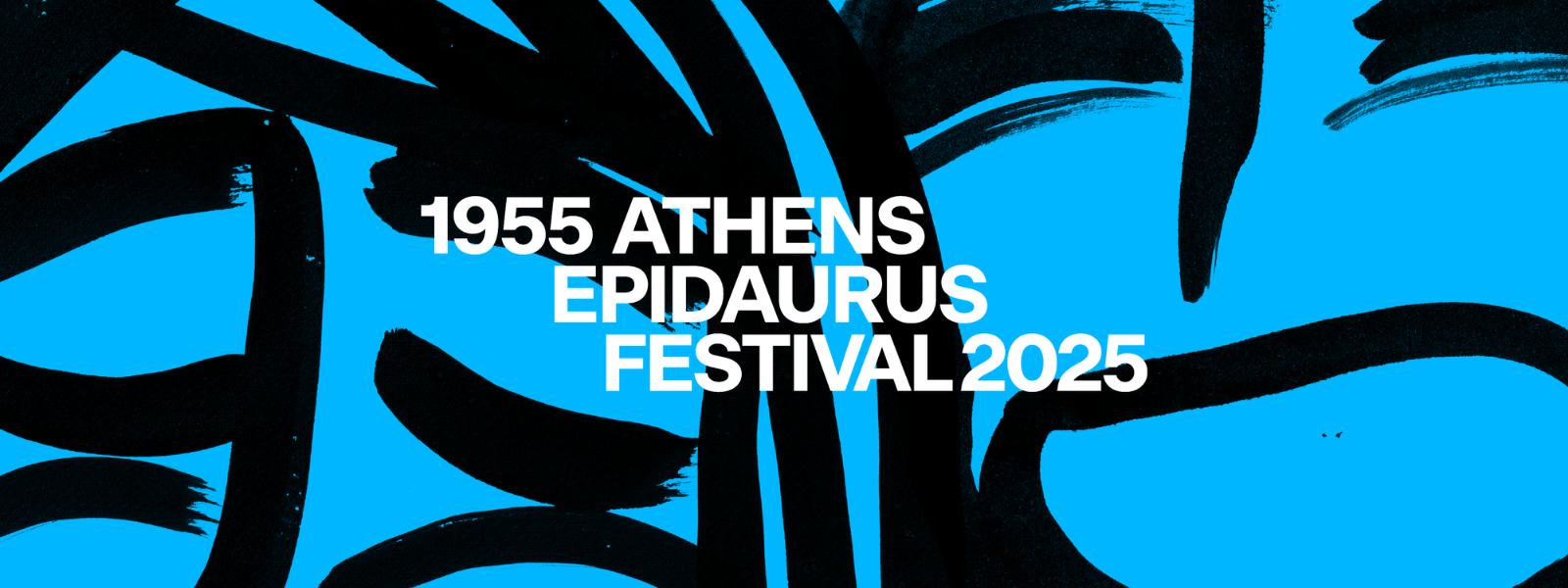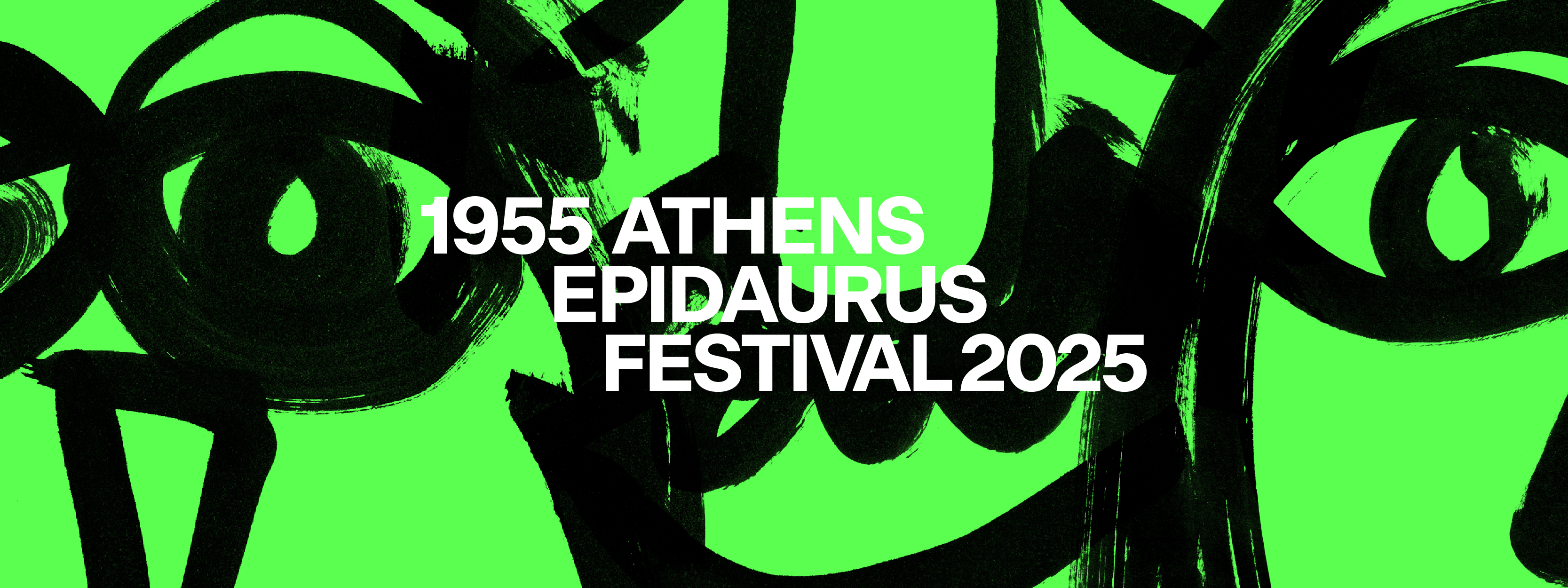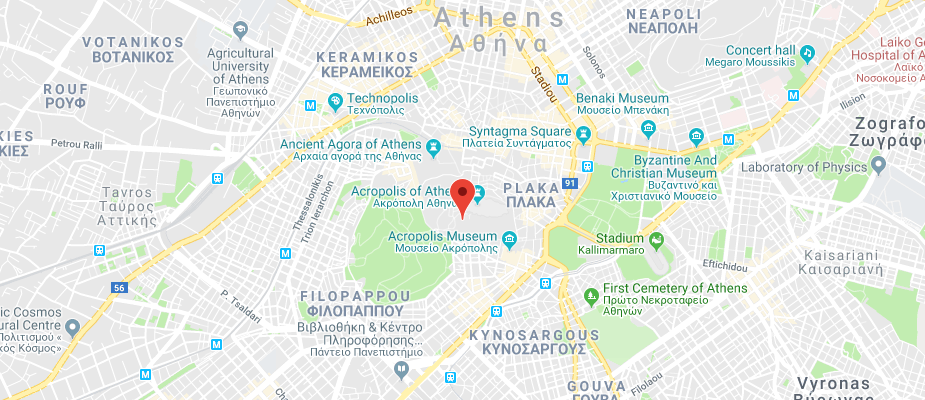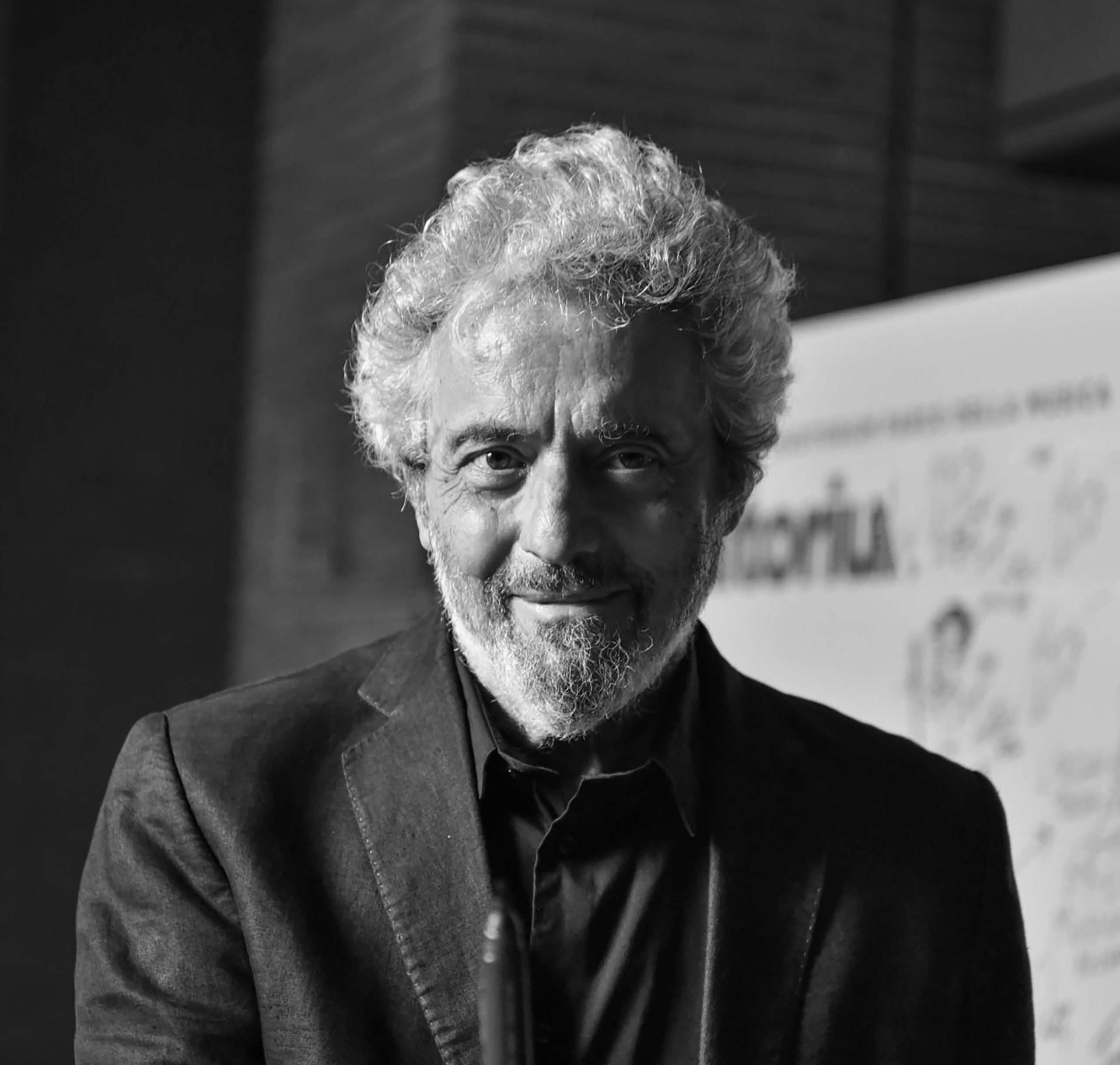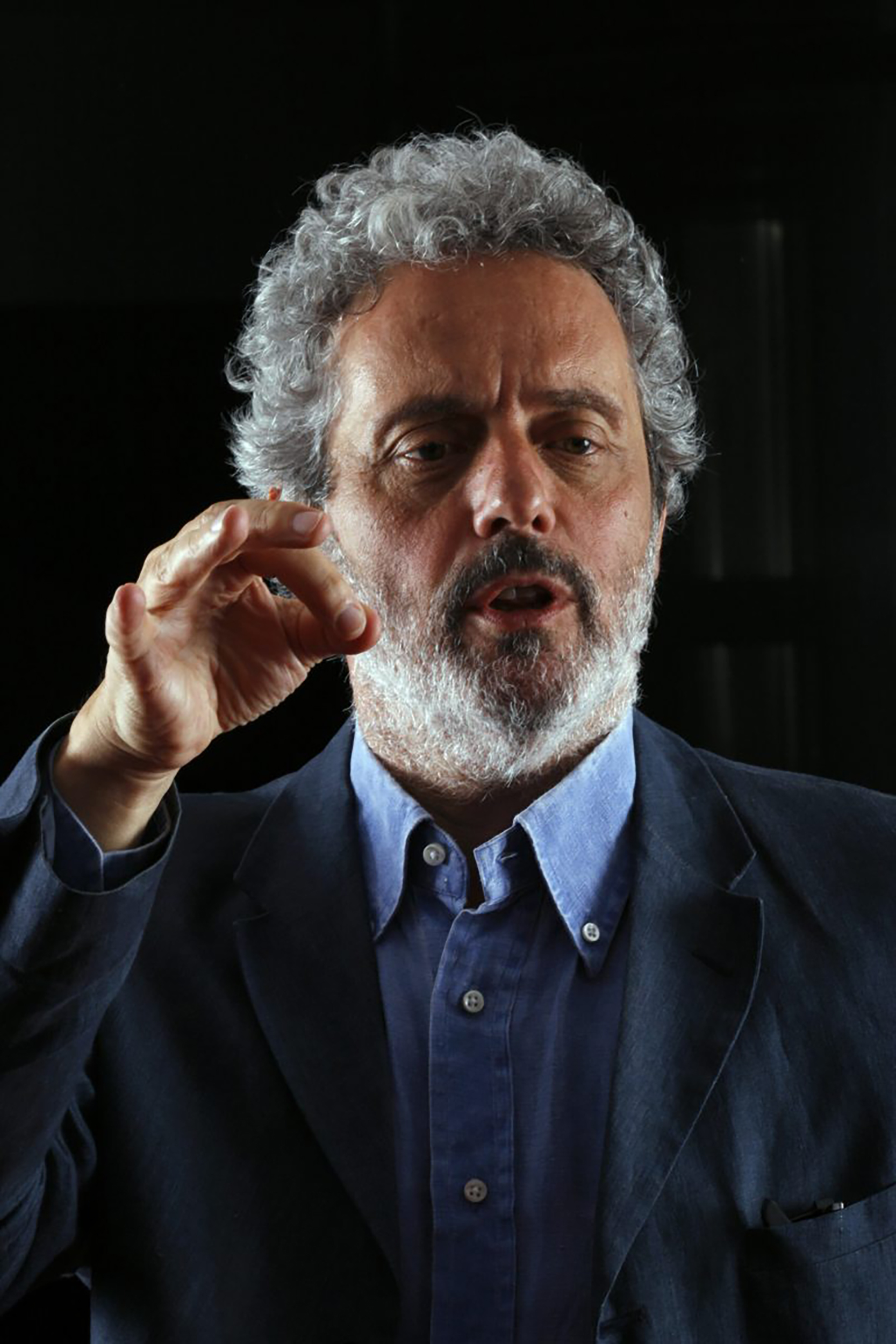Megaron – The Athens Concert Hall – Nicola Piovani
The Sound of Cinema

A charismatic and kaleidoscopic composer, the Oscar-winning Nicola Piovani has lent his singular touch to more than two hundred soundtracks for films by directors such as Federico Fellini, Marco Bellocchio, Mario Monicelli, the Taviani brothers, Nanni Moretti, and Roberto Benigni, among others. Born in Rome into a family of musicians, he was immersed in the world of spectacle from a tender age. As a young man, Nicola discovered the grand art of cinema through Ingmar Bergman’s The Seventh Seal and Federico Fellini’s 8 ½. At just 23 years old, he met Manos Hadjidakis in Rome through the liaison of Irene Pappas and worked as his assistant on John Crowther’s The Martlet’s Tale, starring Katina Paxinou. Their partnership, in his own words, taught him the importance of intellectual freedom, which profoundly affected his subsequent musical path.
Balancing nostalgia and hope, Piovani’s music is timeless and self-luminous, yet it remains inseparable from the story it accompanies. At times light-hearted and dance-like, at others romantic and sombre, his music uniquely encapsulates the impressions and imagery of the narratives it supports, giving them a second life beyond the silver screen. For the composer, emotion is paramount, taking precedence over a director’s aesthetic. His inspiration often comes from the unspoken feelings reflected in an actor’s expressions.
Drawing material from his prolific body of work, the programme’s orchestral suites take us on a journey through the worlds of three giants of Italian cinema.
The Taviani Suite includes music from the films Fiorile (1993), Il sole anche di notte, (1990)—for which Piovani won the Nastro d’argento in 1991, the oldest film award in Europe— La Notte di San Lorenzo (1982), his first collaboration with the Taviani brothers; and Good Morning Babilonia (1987), which features a jazz-inflected score.
From the Benigni Suite, the Athens State Orchestra performs music from La Vita è Bella (1997), an ode to the triumph of love in the face of unimaginable horror through the heart-wrenching story of an Italian Jew in a concentration camp. In the film score that earned Piovani an Oscar award, the musical themes convey a sense of tragedy but also humour inherent in Benigni’s universe, endowing it with melodies of unspeakable beauty.
Finally, his collaboration with the maestro of Italian cinema, Federico Fellini, is captured in the titular suite, consisting of three sections. In the film Interview (1987), a magical game of mirrors unfolds as a Japanese TV crew tries to film Fellini at work, only futilely. In La voce della luna (1990), Fellini’s swansong, an elderly musician plays his oboe for the very last time before burying it in the ground, believing that by doing so, he is silencing music itself. Only no one can lock music away. The trilogy concludes with the musical themes of Ginger and Fred (1986), which follows two once-popular dancers of the interwar period who are reunited twenty years later for a TV show. The film serves as an allegory for the cynicism in the modern-day entertainment industry, with Piovani’s music paying homage to composer Nino Rota.
ATHENS STATE ORCHESTRA
Conducted by Nicola Piovani
Nicola Piovani (b. 1946)
Taviani Suite (Fiorile – Il sole anche di note – La Notte di San Lorenzo – Good Morning Babilonia)
Benigni Suite (La vita è bella)
Fellini Suite (Interview – La voce della luna – Ginger and Fred)
A Megaron – The Athens Concert Hall production
with the valuable support of the Embassy of Italy in Αthens
and the Italian Institute of Education in Athens
Related Events
Odeon of Herodes Atticus
- 08/07/2025 at 21:00
all events
Opera | Music | Theatre | grape | subset | Dance | Education | Αναβίωση | Classical music | Performance | Contemporary music | Contemporary Ancients | Premiere | Greek Debut

